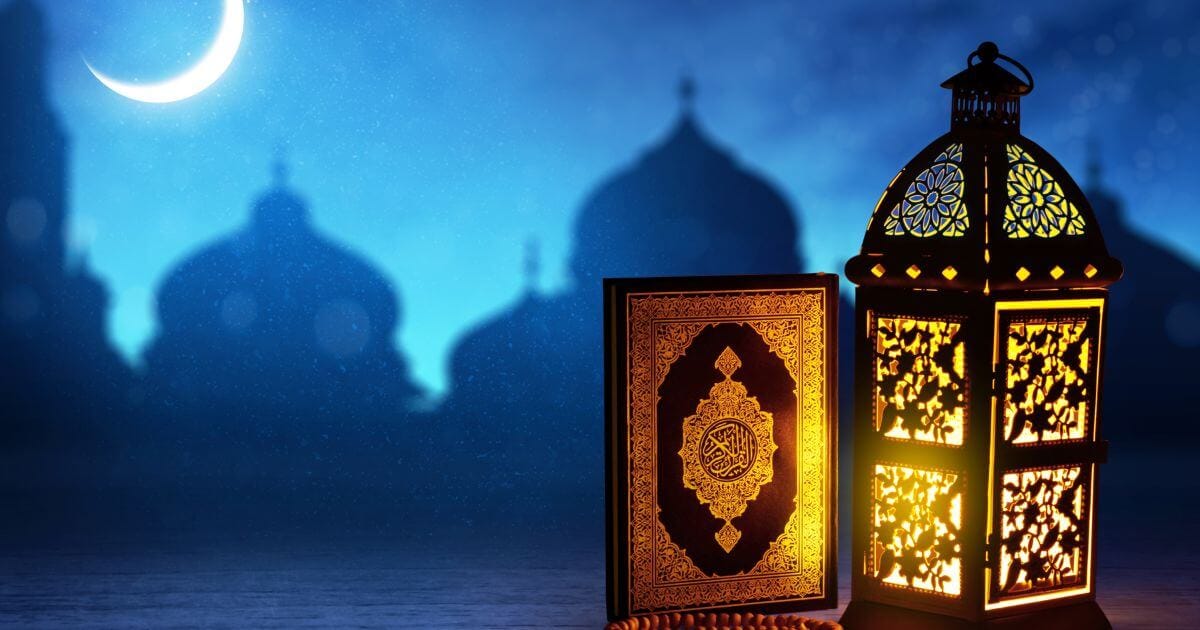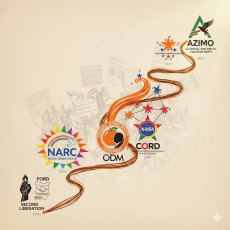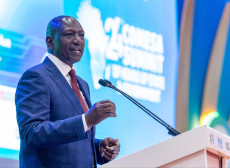- It is a time of mindfulness, gratitude, and humility, where Muslims try to be better servants of God and humanity.
Ramadhan, the ninth month of the Islamic lunar calendar, is a time of fasting, prayer, charity, and community for Muslims around the world.
It commemorates the revelation of the Quran, the holy book of Islam, to Prophet Muhammad (peace be upon him).
During Ramadhan, which lasts for 29 or 30 days depending on the sighting of the moon, Muslims abstain from food, drink, smoking, and marital relations from dawn until sunset.
This fast, known as Sawm, is one of the Five Pillars of Islam and is obligatory for all adult Muslims, except those who are ill, pregnant, nursing, menstruating, or traveling.
But Ramadhan is not just about physical fasting.
It is also a time of spiritual fasting, where Muslims increase their acts of worship, recite the Quran, and seek forgiveness for past sins.
One of the most important nights of Ramadhan is the Night of Power (Laylat al-Qadr), which is believed to be the night when the Quran was first revealed. Muslims spend this night in prayer and supplication, asking for God’s blessings and mercy.
Ramadhan also strengthens the bonds of community and solidarity among Muslims. Each evening, Muslims break their fast with a meal called Iftar, which is often shared with family, friends, and neighbors. Mosques and community centers host Iftar gatherings, where people of different backgrounds and walks of life come together to enjoy food and fellowship. Ramadhan is a time of generosity and hospitality, where Muslims invite others to join them in celebrating this holy month.
In addition, Ramadhan is a time of charity and compassion, where Muslims give to those in need, whether through money, food, or other forms of assistance. The concept of Zakat, or obligatory almsgiving, is especially emphasized during Ramadhan, as a way of purifying one’s wealth and supporting the poor and needy.
Furthermore, Ramadhan is a time of personal growth and renewal, where Muslims reflect on their lives, evaluate their spiritual progress and set goals for self-improvement.
It is a time of mindfulness, gratitude, and humility, where Muslims try to be better servants of God and humanity.
Ramadhan is a sacred and transformative time for Muslims worldwide.
It is a month of grace, peace, and guidance, where Muslims deepen their connection with God, strengthen their bonds of kinship, and cultivate their virtues of self-discipline and compassion.
Ramadhan is not just a period of abstention; it is a journey of spiritual enlightenment, growth, and renewal. May this Ramadhan be a source of blessings, peace, and guidance for all who observe it.












